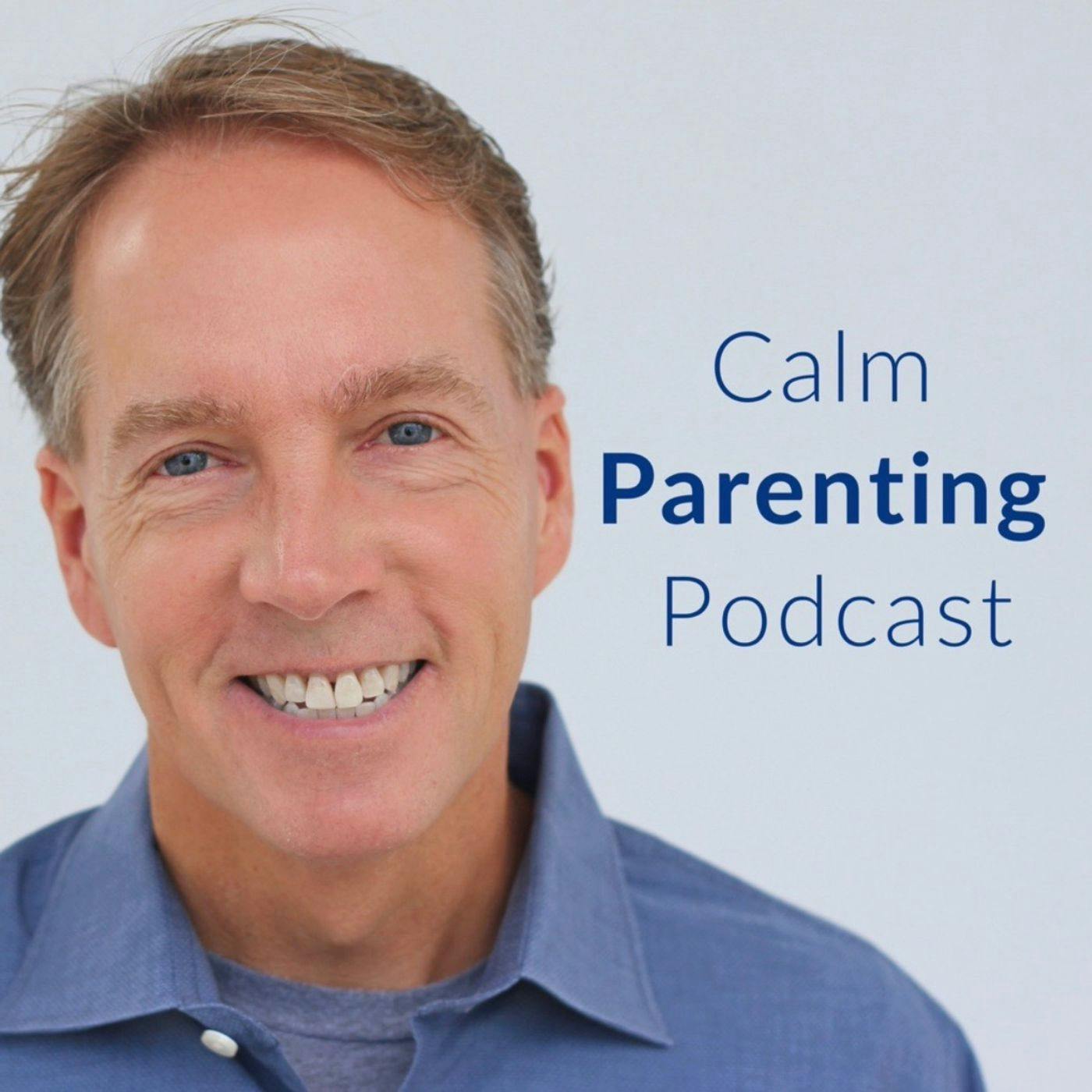
Key Insights
Why do strong-willed children often have meltdowns in public and around family?
Strong-willed children are more emotional and particular, making them prone to meltdowns when their sensory or emotional needs are not met. These meltdowns can be triggered by unfamiliar environments, schedules, or interactions, especially in public or family settings where expectations and judgments are high.
How can parents avoid escalating meltdowns in public?
Parents should control their own anxiety and embarrassment, avoid forcing compliance, and give children space to handle issues independently. This approach can turn potential power struggles into bonding moments and avoid the negative feedback loop that escalates meltdowns.
What role does parental control play in managing strong-willed children?
Parental control is crucial; however, it should focus on controlling oneself rather than the child. By managing their own emotions and expectations, parents can create a calmer environment that reduces the likelihood of meltdowns and fosters a closer, more trusting relationship with their child.
How can parents handle family gatherings with a strong-willed child?
Parents should read the moment and make distinctions about when to enforce certain behaviors. For example, during family gatherings, they might allow the child to eat early or engage in activities that suit their needs, rather than forcing them to conform to family expectations. This approach can prevent unnecessary power struggles and maintain family harmony.
Why is it important for parents to be confident in their parenting decisions around family?
Confidence in parenting decisions helps parents withstand judgment and criticism from family members. By being confident, parents can better protect their child from undue pressure and create a more supportive environment, which is crucial for managing strong-willed children.
What long-term benefits can strong-willed children gain from their parents' calm and controlled approach?
A calm and controlled approach fosters trust and a closer relationship between parent and child, which can benefit the child throughout their teen years and adulthood. This approach helps children develop into responsible, selfless, and capable individuals who can handle various social situations with grace.
How can parents manage their own emotions during challenging family situations?
Parents should practice slowing down their internal world to better read the moment and make informed decisions. This practice helps them manage their emotions, avoid unnecessary battles, and create a more harmonious environment for their child.
Chapters
- Strong-willed children often have unpredictable meltdowns in public and around family.
- Parents should control their own emotions and expectations rather than trying to control their child.
- Giving children space and ownership of their choices can prevent power struggles.
